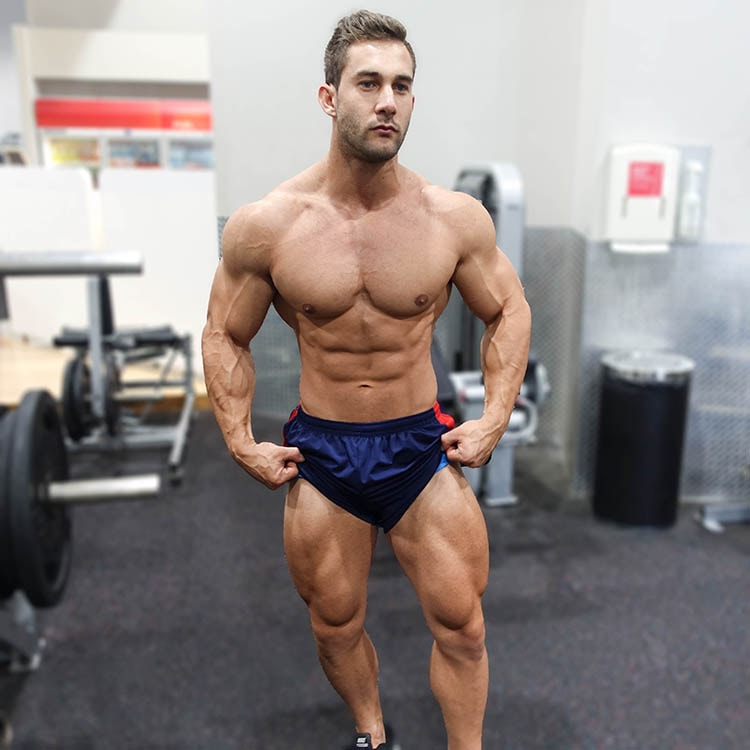Whether your goal is to physically look better or to improve your performance at the gym or in some other sport, you MUST take the first step, which is committing yourself and stop procrastinating. To make progress you must stop doing what you have been doing for all these weeks, months, or even years, which is just doing nothing.
Make small goals that are easily achievable but that will still get you out of your comfort zone.
A lot of people often fail to achieve their goals because they start too big—they see a massive, far-off goal and give up if they don't reach this goal within the first week. Expecting such big changes so quickly can be very detrimental to your goals. But if you start with a small goal, it’s so much easier to find the motivation to continue once you tick off one goal. They always say that the first step is always the hardest, the same applies with goals, reach your first goal and then use that motivation to continue reaching the new goals you set for yourself.
Be careful not to let the small wins set you back either though, a lot of people fail because as soon as they make progress they think that they can take a break or relax, but the key to improving both mentally and physically is CONSISTENCY. All those people in the gym that you admire probably don't just go once a week or a month, more then likely they are there every day, working on their own goals.
Training is a world full of variables. What weight should I lift? How many reps? How long should I rest for between sets? How long should I train for each day?
Ready for a bold statement? None of those variables are as important for reaching your strength goals as one often-forgotten variable: CONSISTENCY.
As long as you’re in the gym, working hard at a consistent rate you WILL see progress. But you need to work hard. Find a training partner that will push you, find someone who motivates you and use them to keep you going. There is also no diet in the world that will do what good, sustainable nutrition does.
Another question I get asked ALL the time is what meal replacement I recommend or what diet do I suggest, most of the time my answer is NONE.
Diets tend to have a finite beginning and end. That's all well and good—so do most training programs. But most diets call for ridiculous behaviour changes, consuming inordinate amounts of one or two macronutrients, or creating severe caloric deficits. all of which are very hard to stick to for an extended period of time, which then leads to the person on the diet gaining weight once the diet has finished because they are no better off knowledge wise then when they started.
Diets should not be like that, its the main reason people go off track. NO diet should exclude the foods you love to eat, in fact in every diet I write I make sure to INCLUDE your favourite foods so that there isn't a feeling of deprivation which can lead to bing eating.
I also ensure that NONE of my diets are based on Very Low Calories because these types of diets are impossible to maintain once you finish them. People need to learn good food choices and how to eat to maintain when dieting, not how to not eat the foods you love for an extended period of time.
Sustainability comes from building small habits over time.
Going all-in on some outrageous diet is rarely the answer, especially when someone hasn't established good behaviours to understand that diet.
If you need help with personalized lifestyle plans, flexible dieting advice, visit the link https://ryanspiteri.com/meal-training-plans/ or email me at [email protected]

